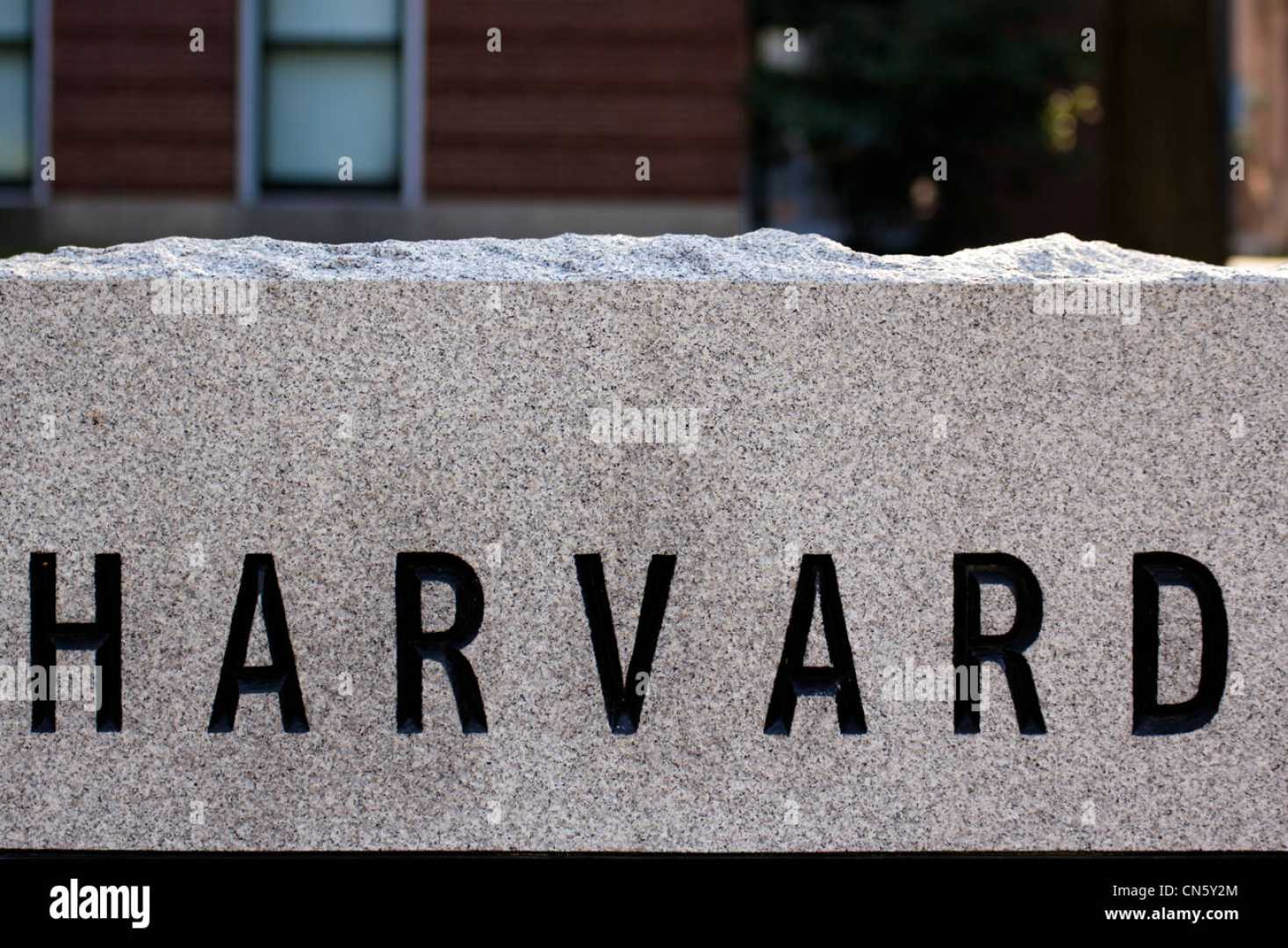Education
Harvard Resists Trump Administration, Threatens Funding for Independence

CAMBRIDGE, Mass. — Harvard University is standing firm against demands from the Trump administration, asserting that it will not relinquish its independence or its constitutional rights. In a letter sent to the university community Monday, Harvard President Alan Garber indicated that the administration’s involvement in university governance was unacceptable. This decision comes amid a review of the university’s operations related to alleged antisemitism and a threat to freeze over $2 billion in federal funding.
Garber’s letter highlighted the administration’s sweeping demands, which included comprehensive audits of academic programs and changes to governance structures. “The University will not surrender its independence or relinquish its constitutional rights,” he stated. This ultimatum was part of a larger government strategy impacting numerous institutions nationwide.
In recent weeks, the Department of Education has issued warnings to around 60 universities, including renowned institutions like Columbia and Northwestern, over failures to comply with Title VI of the Civil Rights Act. According to the Trump administration, many schools are inadequately addressing discrimination against Jewish students.
Despite the looming threat of funding cuts, Garber maintained that Harvard is committed to combating antisemitism through actions taken over the past year and a half. He asserted, “Our obligations in fighting antisemitism will not be achieved by unlawful assertions of power to control teaching and learning at Harvard.”
Amid the tense atmosphere, support for Harvard’s stance surged among faculty, students, and other universities. Michael Bronski, a professor at Harvard, expressed that if Harvard cannot stand up, then who can? Academic leaders like Jon Fansmith of the American Council on Education emphasized that institutions across the nation might follow Harvard’s lead.
The pressure facing Harvard is indicative of broader challenges in higher education, where maintaining academic freedom is increasingly complicated by governmental financial dependencies. Harvard, founded in 1636, is one of the oldest and most prestigious universities in the United States, frequently cited as a bastion of scholarly inquiry.
The implications of Harvard’s stance could be far-reaching, especially in light of the interconnectedness of research initiatives funded by the federal government and the rapid advancements driven by such partnerships. Experts note that the loss of federal research support could have disastrous consequences for innovation and job creation within the United States.
While the ramifications of the university’s defiance are yet to be fully understood, some students view Harvard’s actions as a pivotal moment. Freshman Henry Pahlow characterized it as a demonstration of leadership that resonates beyond temporary funding concerns. Sophomore Matthew Tobin remarked, “A lot of students are looking toward what the university can do next and how they can continue to lead this fight.”
The notable friction between higher education institutions and the federal government highlights a critical dialogue surrounding academic freedom, civil rights, and the role of government in educational matters. With the future of funding and freedom tightly intertwined, Harvard’s resistance may signal a shift among universities in their approach to funding and autonomy in academic affairs.












